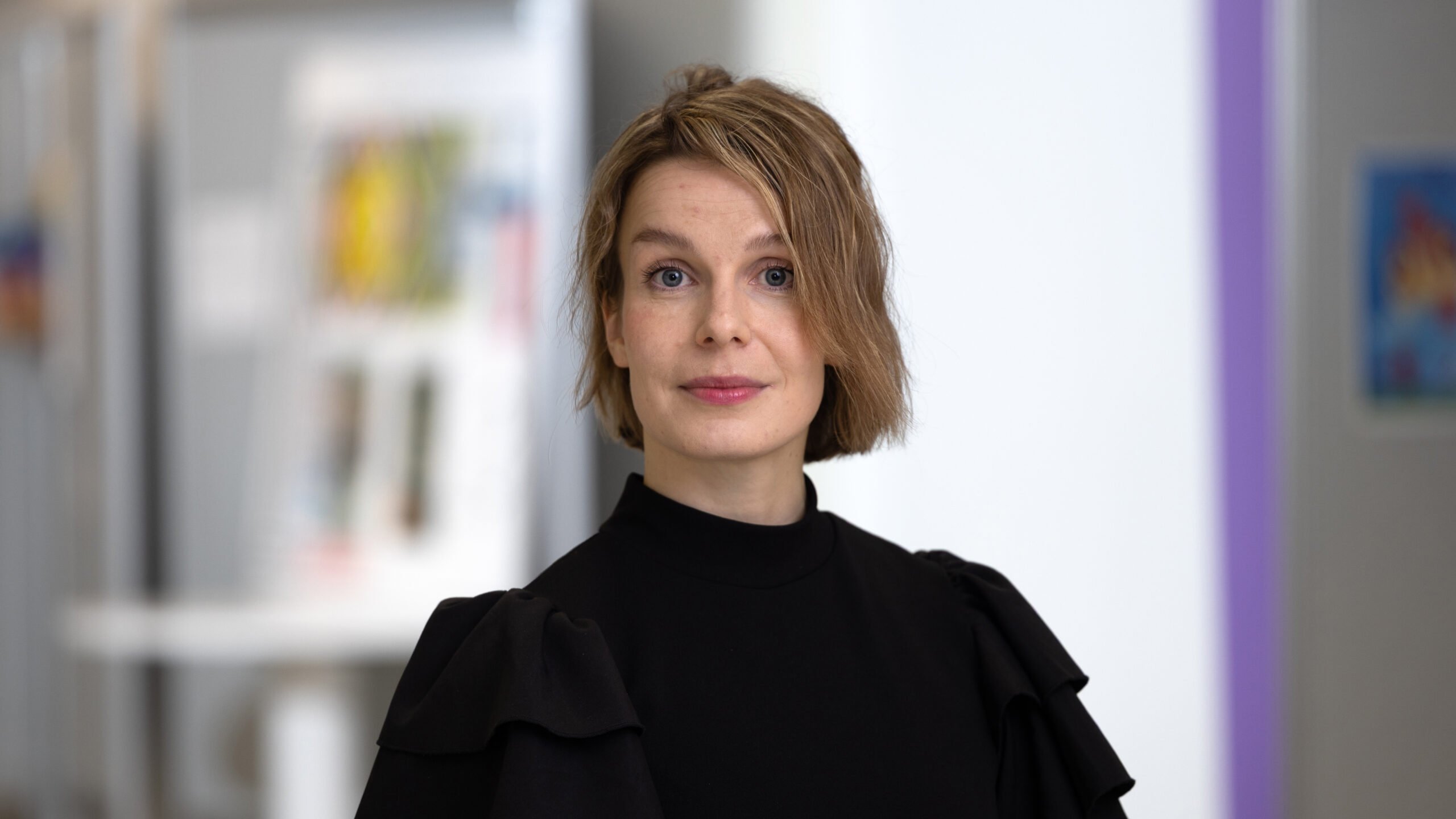
The 2025 Nils Klim Prize is awarded to the Finnish jurist Daniela Alaattinoğlu.
The Nils Klim Committee Citation
Daniela Alaattinoğlu is Assistant Professor (tenure track) in the Faculty of Law at the University of Turku in Finland. She completed her PhD degree in Law at the European University Institute in Florence, Italy, in 2019, having previously attained both an MA degree in Law at the University of Helsinki and an MA degree in Comparative European and International Laws at the European University Institute.
Alaattinoğlu has already established herself as an independent scholar working across borders and cultures, drawing on various disciplines in coming to task with and interconnecting complex legal and social issues. Her book Grievance Formation, Rights and Remedies: Involuntary Sterilisation and Castration in the Nordics, 1930s–2020s, published by Cambridge University Press in 2023, and the book Contesting Femicide – Feminism and the Power of Law Revisited, which she co-edited with Adrian Howe and which was publised by Routledge in 2019, bear ample witness to the ways in which she brings legal issues to bear on relevant global concerns and human rights. The same can be said about her impressive number of high-quality journal articles and book chapters. She is also, since 2022, a co-editor of Retfærd: Nordic Journal of Law and Justice. Moreover, Alaattinoğlu is an active contributor to a number of research groups and initiatives at the University of Turku and at the European level.
Reflecting the ways in which her research links law and society, she also contributes regularly to discussions in the public sphere—both by writing or co-writing working papers and policy reports, as well as producing op-eds and blog posts. Such work is carried out in Finnish, Swedish, Norwegian, Spanish and English. In addition to her teaching experience, publications, and editorial expertise, she has been a visiting fellow and lecturer at universities in several countries.
While Daniela Alaattinoğlu is already a prominent scholar in her field, her academic contributions also contain important future challenges for a good number of relevant legal, social, and political spheres on the international scene.
For the reasons stated above, Daniela Alaattinoğlu is a most worthy recipient of the 2025 Nils Klim Prize.
On behalf of the Nils Klim Committee,
Ástráður Eysteinsson, Chair
The 2025 Nils Klim Prize
University of Turku
Finland
Biography
Daniela Alaattinoğlu (b. 1989) is an Assistant Professor of Law at the University of Turku. She is the Principal Investigator of the project From the Margin to the Centre: Rights Development, Transitional Justice and Indigeneity in the Nordics (MARCEN), funded by the European Research Council (Starting Grant, 2025–2029). Her research has been supported by grants from the Icelandic Research Fund (2020–2023), the Swedish Cultural Foundation in Finland (2020–2022), and the Research Council of Finland (2014–2019) among others.
Dr Alaattinoğlu’s work has been published in leading international journals. Her key publications include the monograph Grievance Formation, Rights and Remedies: Involuntary Sterilisation and Castration in the Nordics, 1930s–2020s (Cambridge University Press, 2023) and the co-edited volume Contesting Femicide: Feminism and the Power of Law Revisited (Routledge, 2019, with Dr Adrian Howe).
Dr Alaattinoğlu holds a PhD in law from the European University Institute (2019) and she has been awarded the title of Docent of socio-legal studies by the University of Turku. She has been a visiting fellow at institutions including the University of Melbourne (2018) and the Max Planck Institute for Social Anthropology (2019). Dr Alaattinoğlu is also the co-editor of Retfærd: The Nordic Journal of Law and Justice and the co-founder of the research environment Law, Space and Justice at the Turku Law Faculty.
With research and teaching experience at ten higher education institutions across six countries, Dr Alaattinoğlu’s work examines how laws and societies evolve together, how groups mobilise for change, and how law intersectionally includes and excludes individuals and groups.

